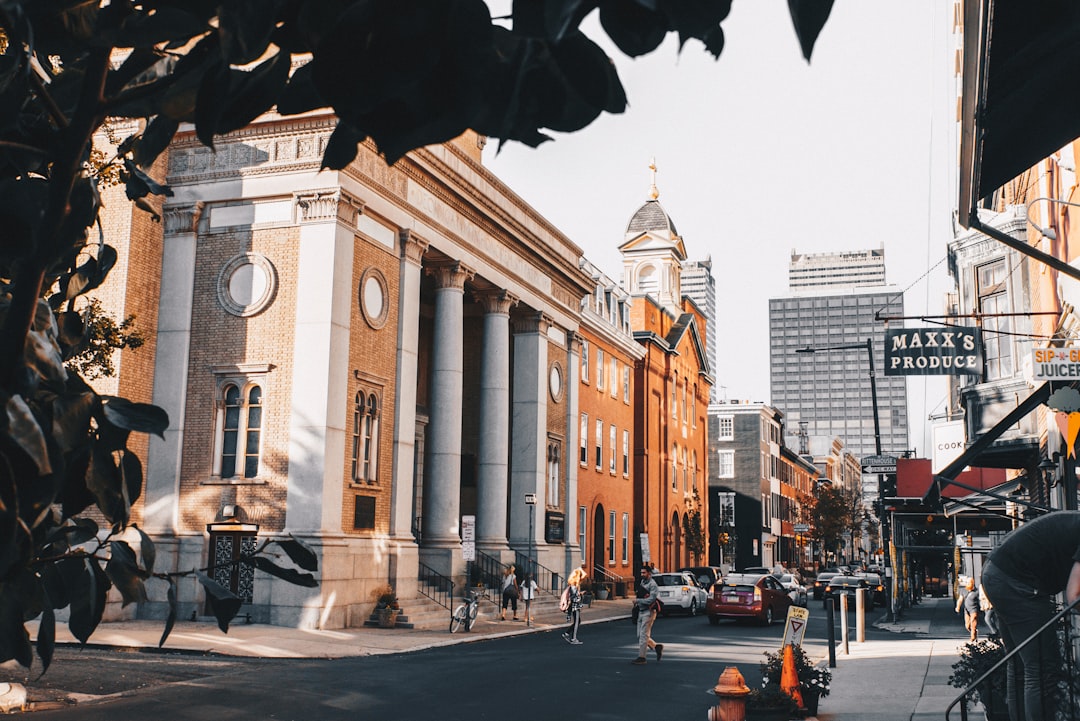Philadelphia residents face a growing problem of excessive automated phone calls from robocall law firms, leveraging advanced technology for mass marketing. This issue has sparked debates about privacy and consumer protection, with locals frustrated by constant unwanted calls disrupting their daily lives. Robocallers target high-density areas like Philadelphia, employing aggressive tactics to offer services like free consultations or debt relief. While federal laws like the TCPA regulate robocalls, local Philadelphia regulations further refine these rules, empowering residents to control their communications. Philadelphians are advocating for stricter measures to combat the negative impact of excessive robocalls on mental health and community well-being.
In the age of digital communication, Philadelphia, like many urban centers, faces a growing nuisance: robocalls. This article delves into the multifaceted impact of automated phone calls on the city’s residents, exploring their rise and the tactics employed by robocall law firms targeting Philadelphians. We navigate the legal landscape surrounding these calls and analyze their community-wide effects, shedding light on strategies to mitigate their disruption. By understanding the dynamics between robocall law firms and Philadelphia residents, we aim to uncover solutions for a quieter, more peaceful urban environment.
The Rise of Robocalls: A Modern Communication Conundrum in Philadelphia
In recent years, Philadelphia has experienced a surge in automated phone calls, commonly known as robocalls, from law firms and other businesses. This modern communication conundrum has become an increasingly prevalent issue for residents across the city. With advancements in technology, robocallers can now seamlessly target specific demographics, making it easier to reach potential clients or customers. However, this ease of access has led to a deluge of unwanted calls, causing frustration and concern among Philadelphians.
The rise of robocalls has sparked significant debates about privacy and consumer protection. Many residents find these automated messages intrusive, especially when they are frequent and unrelated to their interests. Philadelphia’s unique blend of historical significance and modern urban living has made it a focal point for addressing the challenges posed by robocall law firms and similar entities. Understanding the impact of such calls on the community is essential, prompting discussions about effective solutions to mitigate this growing communication conundrum.
How Robocall Law Firms Operate and Their Strategies
Robocall law firms in Philadelphia, like elsewhere, operate on sophisticated technology that allows them to reach vast numbers of people simultaneously. These firms employ automated dialing systems coupled with databases containing millions of phone numbers. They target areas like Philadelphia due to its high population density, aiming to maximize potential clients.
Their strategies often involve playing recorded messages en masse, presenting legal services or promotions. Some robocalls offer free consultations, while others promote debt relief, personal injury claims, or consumer protection services. These firms may use aggressive marketing tactics, repeatedly calling numbers until a response is received, which can lead to significant annoyance and frustration for recipients, especially when the calls are unwanted.
Navigating Legalities: Exploring the Robocall Regulation Landscape in Philadelphia
In Philadelphia, as in many cities across the country, robocalls have become a ubiquitous yet often nuisance aspect of daily life. These automated calls from law firms and other entities can be particularly intrusive, leading to concerns about privacy and consumer protection. Navigating the legal landscape surrounding robocalls involves understanding federal and local regulations designed to mitigate their impact.
The Telephone Consumer Protection Act (TCPA) is a pivotal piece of legislation that regulates robocalls, restricting their use without prior express consent. Philadelphia, like other municipalities, has further tailored these rules to address specific challenges within its borders. Local laws often delve into details such as call timing restrictions and requirements for opt-out mechanisms, ensuring residents have greater control over their phone communications. Awareness of these legalities is crucial for both robocallers and recipients, as violations can result in significant penalties for law firms and other organizations engaging in unwanted calls.
Community Impact: Unraveling the Effects on Philadelphians' Daily Lives
In Philadelphia, as in many urban centers across the nation, the proliferation of robocalls has become a ubiquitous and often frustrating aspect of daily life. These automated calls from law firms and other entities can disrupt routines, intrude on personal time, and leave recipients feeling annoyed or even stressed. The impact extends beyond individual experiences; it reflects broader community concerns. Philadelphians, already navigating a fast-paced urban environment, now face the challenge of managing unwanted robocalls, which can lead to increased stress levels and decreased quality of life.
The sheer volume of robocalls can be overwhelming, with many residents receiving numerous calls daily from law firms promoting their services or attempting to solicit business. This constant barrage can foster a sense of intimidation or even paranoia among recipients, who may question their personal information security. Moreover, the prevalence of robocalls has sparked community discussions about privacy rights and the need for stricter regulation, particularly in light of Philadelphia’s robust legal landscape. The city’s residents are demanding solutions to curb excessive robocalling, reflecting a growing awareness of the negative community impact these calls can have on mental health, productivity, and overall well-being.






